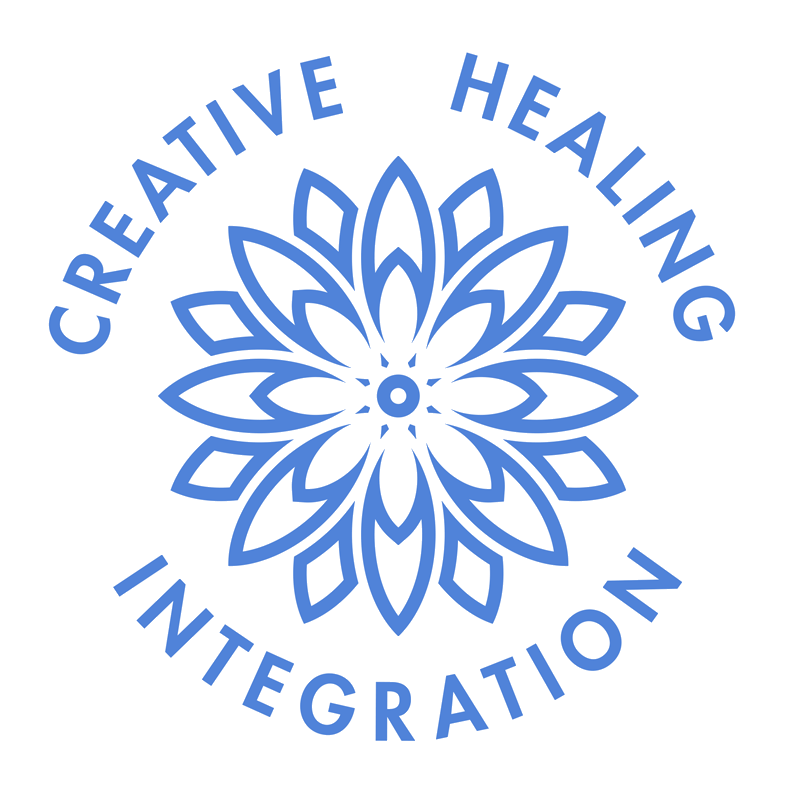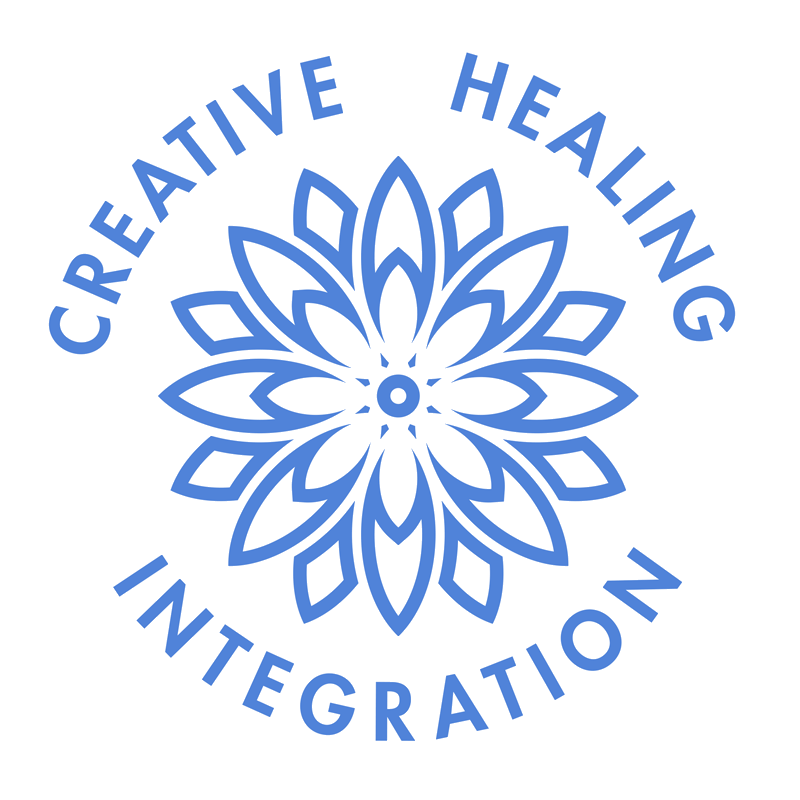Working With Daughters of Critical Mothers: Clinical Considerations and Best Practices

Most women come into being with tenderness, light, and hope. When raised by a critical mother, the safe space that’s needed to foster a secure identity is absent. How do Daughters of Critical Mothers understand, accept, and transform their pain as they transition into womanhood?
Daughters of Critical Mothers are in need of guidance as they heal from the Mother Wound. It’s a great responsibility to lead the way into recovery. In order to facilitate clinical progress, we must understand the ways the trauma formed and shows up in their day-to-day life. Similarly to those with Complex Trauma, these daughters require careful clinical considerations. This blog will illuminate best practices for working with this population.
A Wound By 1,000 Paper Cuts
Critical Mothers create lasting wounds by tearing down the daughter’s identity and confidence. Slowly and often subtly, the harsh words erode self-esteem, trust, and capacity for connection. Because of the abstruse nature of this trauma, it can be challenging to accept and difficult to treat.

Women raised by a critical mother might share early experiences like:
Unwanted Opinions on Appearance or Actions
Rare or Nonexistent Verbal Affirmation
Emotional Reactions to Differing Opinions
Harsh Criticisms of Small Mistakes
Overreactions to Differences in Opinions
Ignoring Major Accomplishments
Criticizing Significant Others
As therapists, it’s crucial that we pay attention to these queues and take note that a wounded attachment experience is at play. Daughters of Critical Mothers often downplay these memories in an attempt to self-protect. By validating the pain and gently asking clarifying questions, we give the client permission to begin to open up to awareness and acceptance.
It takes practice and time to become comfortable and competent when working with these adult daughters. If you’re looking for clinical support, download the Daughters of Critical Mothers Clinicians Workshop.
The Impacts on Adult Daughters
As the daughter transitions into adulthood, the harsh environment they were raised in continues to impact their experience. These women often report anxiety, depression, relationship problems, and unhealthy coping patterns. As we get to know them more within the therapeutic relationship, boundary setting, decision making, and trusting themselves proves to be a barrier to progress.
In addition, they carry the heaviness of shame, low self-esteem, and a lack of self-worth. Consequently, adult Daughters of Critical Mothers commonly express feeling “stuck.” They might say things like, “nothing will ever be enough,” “I’ll never be satisfied,” and even, “it’s all my fault.” All accomplishments, big or small, are overlooked. Overtime, their will to find joy diminishes, making it hard to start or complete tasks.
Along with these internal experiences, these women also struggle with significant fear around motherhood. The chronic self-doubt and negative maternal experience creates a perfect storm. While doubting their parenting abilities, they’re faced with an uphill battle to break the generational patterns. In some cases, these women may pull away or even become critical of their own children.

When adult Daughters of Critical Mothers women initially seek therapy, they’re looking for relief. First and foremost, our role as clinicians is to listen, create a safe space, and offer concrete tools to alleviate distress. As their capacity for self-regulation grows, we can begin to move towards unpacking, reframing, and moving beyond the childhood pain.
It’s important to note, working with this population often involves clinical challenges like shame, resistance, and transference. Especially for female therapists, direct communication may trigger a shut-down response in the client. Additionally, clinicians who personally experienced attachment trauma should take special care to seek consultation as countertransference and/or triggers should be expected.
Mother Wounds are so common, yet they take intention, clinical insight, and a highly-individualized approach. After years of experience with this population, I’ve found that using a complex trauma-informed, person-centered, holistic approach is the most effective way to promote healing and recovery.
Utilizing Complex Trauma Approaches
When building a clinical framework for working with Daughters of Critical Mothers, it’s helpful to explore the similarities with the Complex PTSD population. We often see the same behaviors such as lack of emotional regulation, detachment from memory, and self-protective mechanisms.
Understanding PTSD and Complex PTSD
Trauma happens when there isn’t enough support or developmental awareness for someone to process what happened during or after a highly-distressing event.
Post-traumatic stress disorder (PTSD) is a condition that develops after the trauma remains unresolved. PTSD can cause people to feel emotionally and physically distressed even when they are no longer in emotional or physical danger. It can be helpful to think about PTSD as an alarm system that hasn’t been turned off yet.Symptoms often include avoidance, numbing, and hyperarousal.
C-PTSD, on the other hand, is related to a series of traumatic events. Someone who has C-PTSD may have a harder time pinpointing exactly which events triggered their condition. As a result of this, recovering from complex PTSD takes much more time and flexibility. Therapeutic support needs to be individualized, and the therapist's demeanor must be calm, compassionate, nurturing, and non-judgmental.

Similarly to those with C-PTSD, Daughters of Critical Mothers are in need of careful clinical consideration. In both cases, the individual displays a variety of traits that can and do hinder therapeutic progress. Detachment from reality (derealization) and detachment from the body (depersonalization) often create a barrier to healing.
With that said, adult daughters with complex attachment trauma greatly benefit from the use of Eye Movement Desensitization and Reprocessing (EMDR). This highly-effective approach for trauma treatment aids in addressing resistance, uncovering repressed memories, and reconnecting the mind and body.
Are you a trauma therapist interested in enhancing your practice with EMDR? Click here to schedule a clinical consultation.
Supporting Recovery with Holistic Techniques
Implementing holistic techniques is a vital addition to traditional talk therapy. Coming to our practice with a full and integrative toolbox allows us to offer comprehensive support. In particular, guided meditations, creative activities, healing mantras, and grounding exercises are important to include in the treatment plan.

Due to the complex nature of the trauma, these women are in great need of reconnecting to their body, settling the mind, and repairing the creative spirit. When resistance becomes a barrier, we can use creative holistic techniques to work around the protective walls.
To familiarize the client with mind-body connection, you might consider opening and closing each session with a holistic exercise. By practicing in session, the client is empowered to use these skills throughout the week. Encouraging them to choose a safe space, grounding image, or empowering mantra offers a tangible tool to return to in times of distress.
Are you looking to build your holistic tool kit? Here is a free resource that you can download and share with clients:
Creatively Calm Mandala Moment
Mother Wounds Can’t Be Healed in Isolation
The experience of being raised by a critical mother is one of isolation. These women never received the care and attention needed to create a secure sense of self. In order to recover, they need to re-experience their inner self as being heard, seen, and understood.
When it comes to trauma recovery, there is power in numbers. Therapy groups and support groups can offer the safe and supportive space that’s needed. By building a catalog of experiences with empathetic women, these women can heal their mistrust and rebuild neural pathways.
Openly sharing and receiving support from others helps to loosen the grip of shame and decreases feelings of isolation. Afterall, shame thrives when left in the dark. Instead of feeling ignored and criticized, the validation and recognition provides the nervous system a path to repair.

Are you working with a client who would benefit from group support? The Overcoming the Mother Wound Online Course is now open for referrals.
As clinicians, we hold the great responsibility of gently guiding these women in the recovery process. While clinical barriers make it difficult to break through, Daughters of Critical Mothers are capable of experiencing lasting joy with integrative therapeutic support.
With a person-centered approach, holistic techniques, and a trauma-informed lens, we can help our clients overcome the Mother Wound. Within the safe space of the therapeutic relationship, these resilient women own their story, step into the light, and learn to reach their highest potential.

For additional resources, take a moment to learn more about the Overcoming the Mother Wound course. Here you’ll find support for both clinicians seeking tools and those looking to overcome attachment wounds.
About The Author:
Mari Grande is a New York City-based licensed Creative Arts Therapist, Clinical Social Worker, Thought Leader, Educator, and Coach with more than 20 years of experience in trauma healing and recovery. By working closely with the mind/body connection, attachment theory, and the power of creativity, she draws upon her integrative background to alleviate the impacts of relational and generational trauma. Mari is passionate about working with women who have experienced a Mother Wound, and offers various online courses that provide guidance, support, and insight for Daughters of Critical Mothers.
*Peter Levine, In an Unspoken Voice


0 comments
Leave a comment
Please log in or register to post a comment